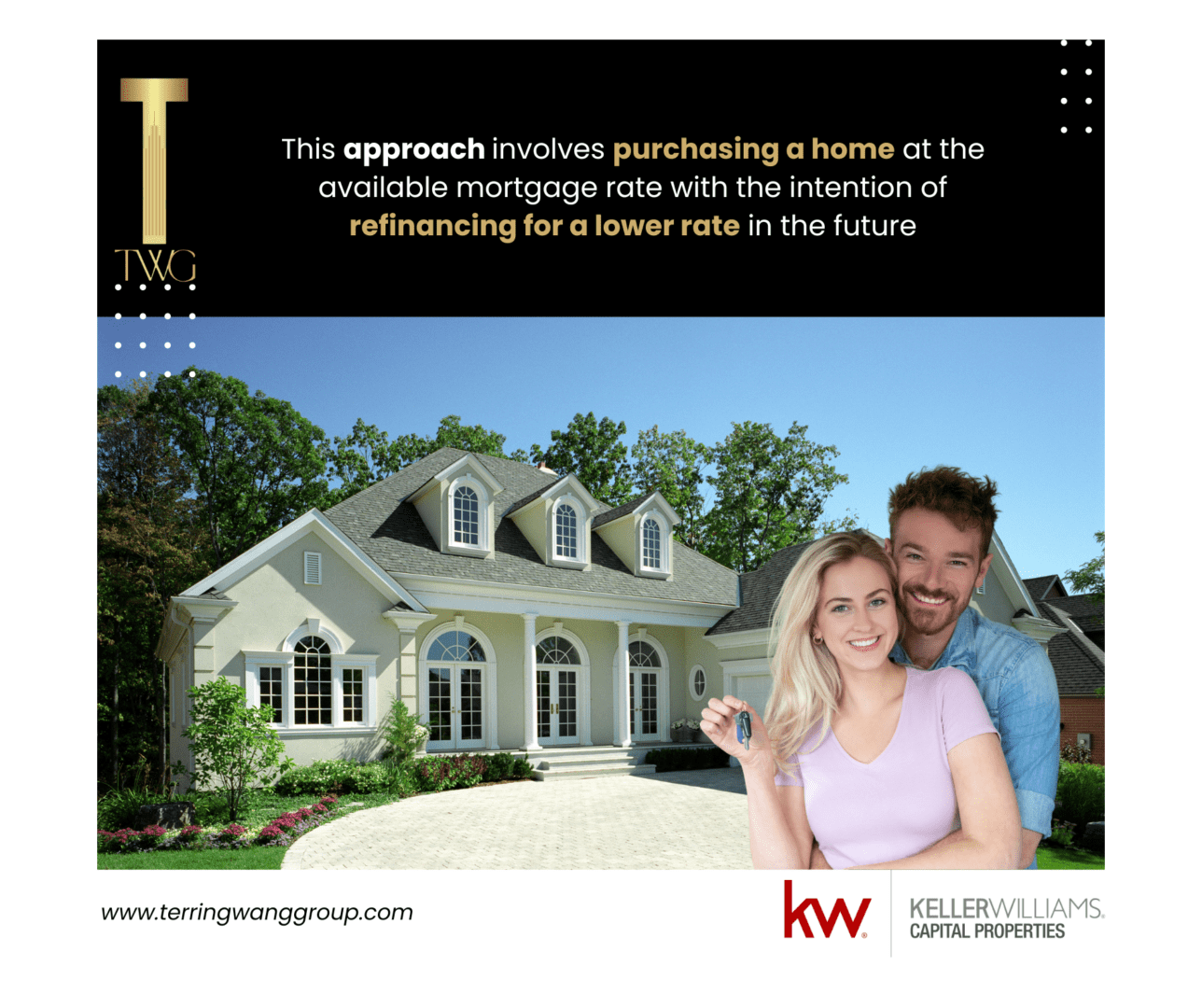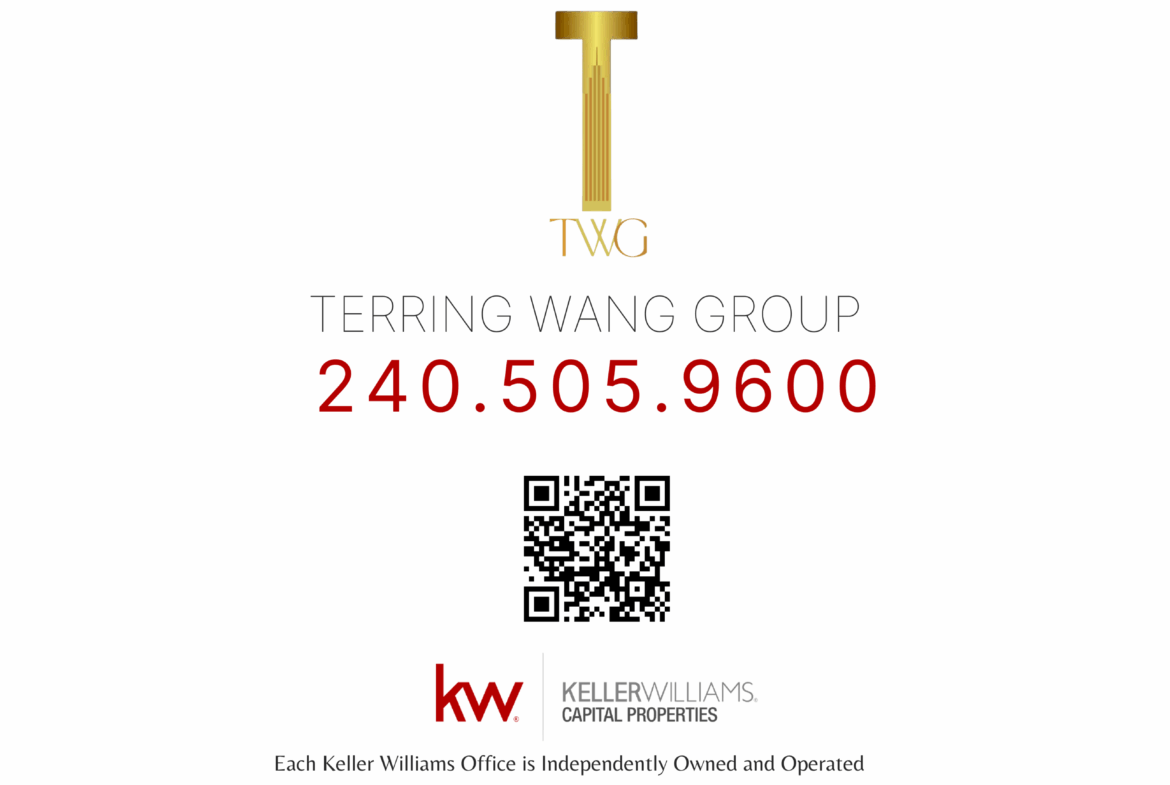The homebuying strategy known as “Marry the house, date the rate” gained popularity as interest rates began to rise. This approach involves purchasing a home at the available mortgage rate with the intention of refinancing for a lower rate in the future. While it may seem appealing, it is essential to assess the suitability of this strategy and understand the potential pitfalls before committing to a home and a mortgage.
1. Interest rates fluctuate:
Relying on the expectation of refinancing when interest rates decline can be risky, particularly if the current mortgage rate strains long-term affordability. It is crucial to consider this strategy only if the homebuyer can comfortably afford the mortgage payment and is in a stable financial position.
2. Refinancing timing and limitations:
The ability to refinance after purchasing a home depends on the lender and the specific terms of the mortgage. Prepayment penalties may be imposed by some lenders, which involve fees for early mortgage payoff, typically within the initial three years of the loan.
3. Unforeseen expenses:
While pursuing a lower rate through refinancing may seem financially advantageous, it is vital to consider the associated costs. Refinancing incurs closing costs ranging from 2% to 6% of the loan amount. Evaluating whether the potential savings from a lower rate exceed the refinancing costs is crucial. It is also important to note that a new loan introduces new terms, potentially extending the loan duration and increasing monthly payments.
4. Identifying the optimal rate:
Determining the ideal interest rate for refinancing is essential for achieving lower monthly mortgage payments. A general guideline suggests considering refinancing when mortgage interest rates are at least 0.5% to 1% lower than the current rate. However, this guideline may not be universally applicable, and individual circumstances should be carefully evaluated.
5. Refinancing eligibility and uncertainties:
Lower interest rates do not guarantee automatic refinancing approval. Homeowners must meet the basic loan requirements to qualify for refinancing. Factors such as cash flow situations, external variables like job loss, divorce, home value depreciation, or a decline in credit score due to medical events can affect refinancing eligibility. Thus, it is crucial to assess personal income, monthly expenses, and long-term financial goals before committing to a home purchase.
Before embracing the “Marry the house, date the rate” homebuying strategy, a comprehensive evaluation of the associated risks and benefits is essential. Homeownership should align with financial stability and wealth-building objectives rather than creating financial vulnerability. It is crucial to carefully consider one’s financial situation and purchase a home that is affordable and sustainable, regardless of the possibility of future refinancing opportunities.



